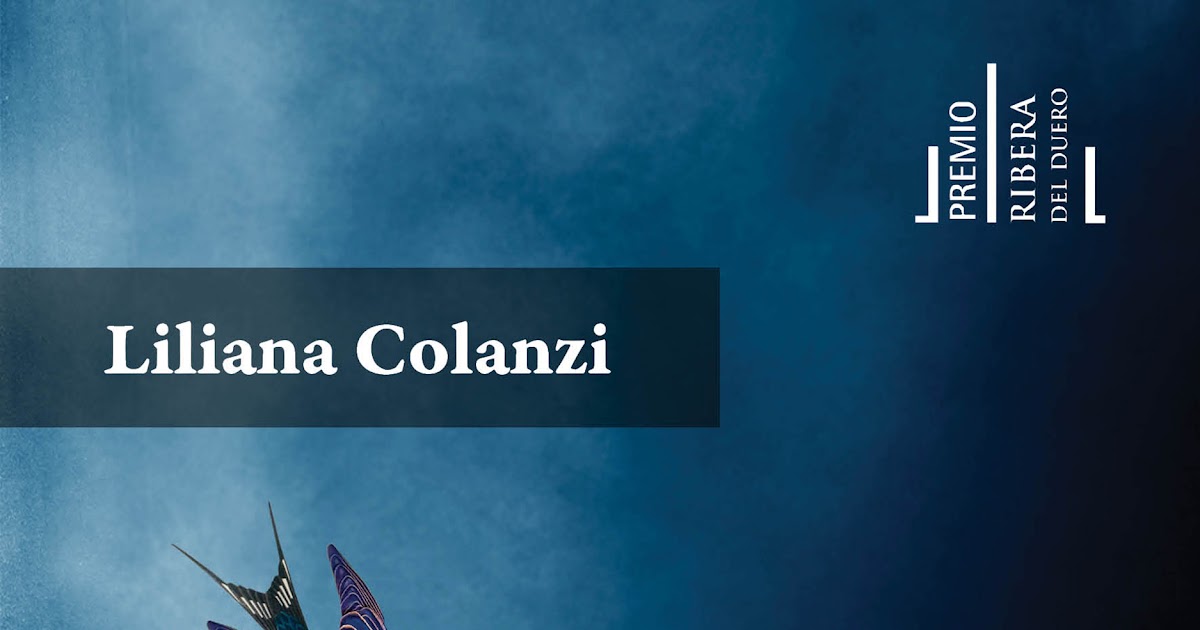
Language: español
Year of publication: 2019
Valuation: between recommendable and okay
Book of stories by the Bolivian Liliana Colanzi that won the same prize (in another call, it is understood) that The vague ambition by Antonio Ortuño (I’m not going to do a comparative review, don’t worry). Colanzi offers us here a series of stories that oscillate between a theme and setting with Latin American roots – unusual, in some cases -, dystopia that is more probable than speculative, neo-costumbrism and even some approximation to the fantasy genre (not to mention horror). All the stories, it must be said, written with great narrative competence and literary sensitivity:
- In the first story, Cavethe author imagines a whole series of events, past and future, that could occur in a cave in northern Mexico.
- Then comes Debt, in which a girl and her aunt travel to a town in the Amazon, where they are originally from, to get a debt paid off. It is the most realistic story, with a family secret included.
- Atomito: It is a dystopia – or maybe not so much – about the life of some young people in a popular neighborhood of a highland city – La Paz? – located next to a nuclear power plant.
- In The greenest eyes We find the umpteenth wonderful version of a pact with the Devil, in this case signed by a girl.
- The narrow path It is another dystopia starring the young people of a religious community of Germanic origin (and perhaps Mennonites) based in an isolated place in Bolivia. Halfway, so to speak, from The Handmaid’s Tale and the movie The forest de M. Night Shyamalan.
- Finally, Colanzi returns us to the radioactive danger in You shine in the dark where it recreates the situations that arise as a result of a nuclear accident that occurred in the Brazilian state of Goîania in the 80s of the last century.
For my taste, the most successful stories are the latter and the one about the girl who makes a pact with the devil. After, Atomitoalthough, perhaps due to its greater length, it also seems a bit scattered to me, although, without a doubt, it manages to express the frustration and even hopelessness of the most disadvantaged youth in the same countries.
In short, and in my opinion, or vice versa, this is a book of fairly successful stories, although, perhaps due to their somewhat small number, it leaves a certain unsatisfactory feeling, as if stories and author could go much further.
Also by Liliana Colanzi and reviewed in Un Libro Al Día (plus an interview): Our dead world
Source: https://unlibroaldia.blogspot.com/2024/03/liliana-colanzi-ustedes-brillan-en-lo.html


